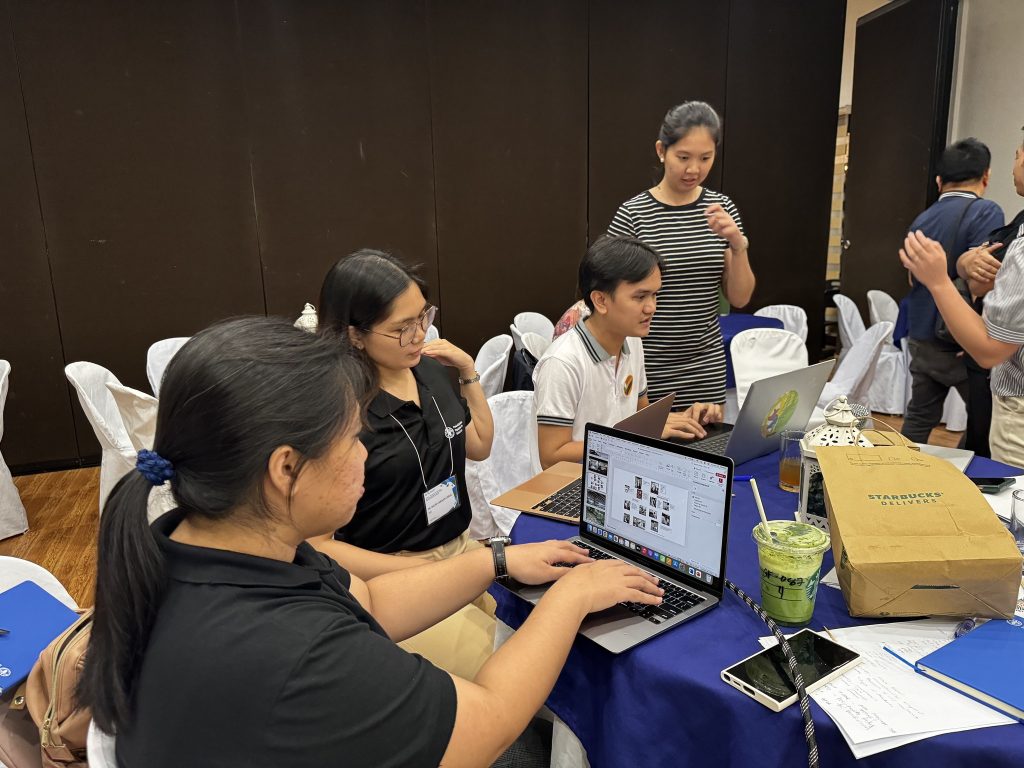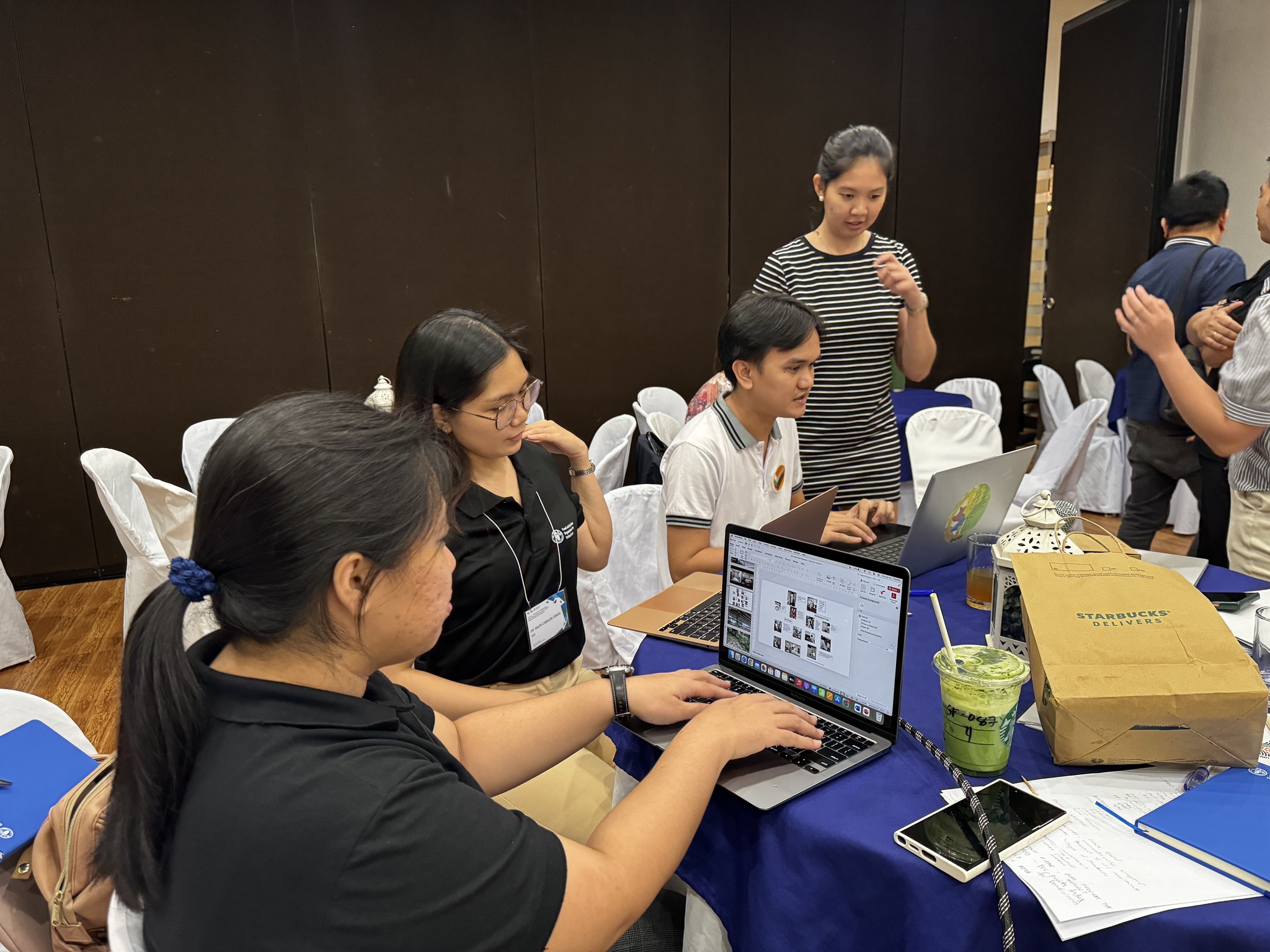
The global concern for food safety faces an added challenge with the rise of antimicrobial resistance (AMR). AMR partly fueled by the excessive use of antibiotics in animal agriculture, poses a threat to public health by rendering antibiotics less effective. Effective animal husbandry practices play a vital role in addressing AMR and ensuring food safety. Implementing measures like improved sanitation, disease prevention, and vaccination programs reduces the need for antibiotics in animal farming. Food safety standards, particularly Good Animal Husbandry Practices Philippines (GAHP), provide general principles of good practice and minimum requirements to guide producers.
The One Health approach acknowledges the interdependence of human, animal, and environmental health. The Food and Agriculture Organization of the United Nations (FAO) collaborates with organizations such as the Philippine Department of Agriculture (DA) to promote responsible antibiotic use in animal farming, assist member countries in formulating AMR action plans, and foster international cooperation in AMR research.
The Department of Agriculture-Bureau of Animal Industry, in its role as the DA Food Safety Regulatory Agency (FSRA) for animal-derived food, has been designated as the implementing body for the GAHP Certification Program. Simultaneously, the Bureau of Agriculture and Fisheries Standards (BAFS) develops science-based food safety Philippine National Standards (PNS) related to livestock and poultry. These standards are subsequently adopted by BAI as technical regulations.
Together, the FAO and the DA aim to advance the food safety, promote responsible animal husbandry practices, and mitigate AMR risks in the Philippines.
To achieve these goals, a seminar-workshop was conducted last April 22 to 26, 2024 at Cabanatuan City, Nueva Ecija with a one-day tour to the DA-Philippine Carabao Center National Gene Pool, in Science City of Muñoz, Nueva Ecija, for a mock inspection relating the PNS on Water Buffalo.
This activity aims to increase awareness and enhance the capacity of the BAI GAHP inspectors to interpret PNS with emphasis on the PNS’ role in addressing AMR. Also, this training highlights the critical role of the government in safeguarding public health and ensuring a sustainable and secure food supply chain through the use of food safety standards.

